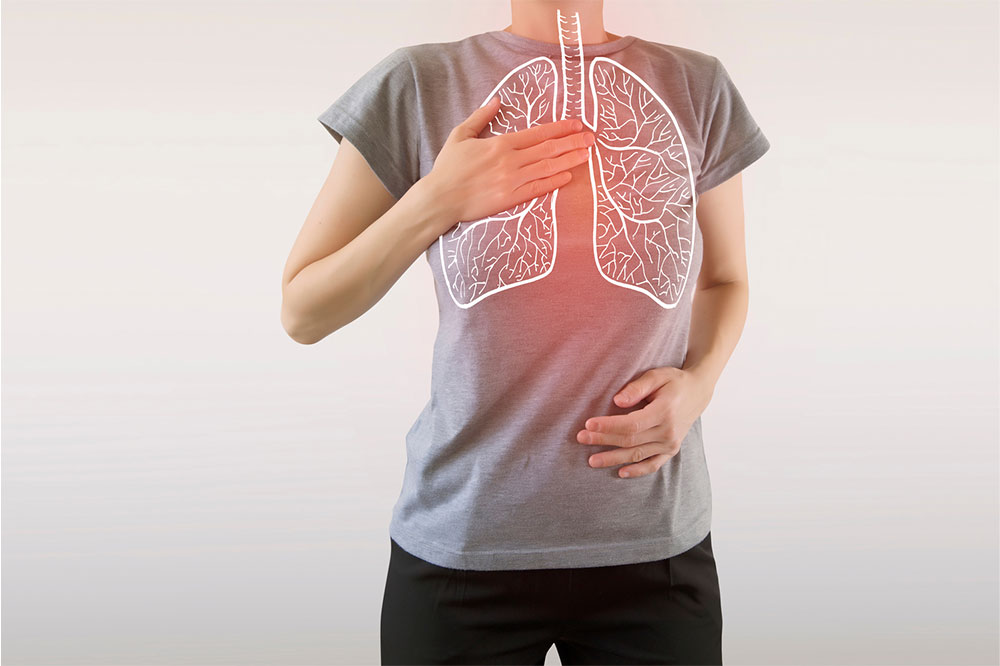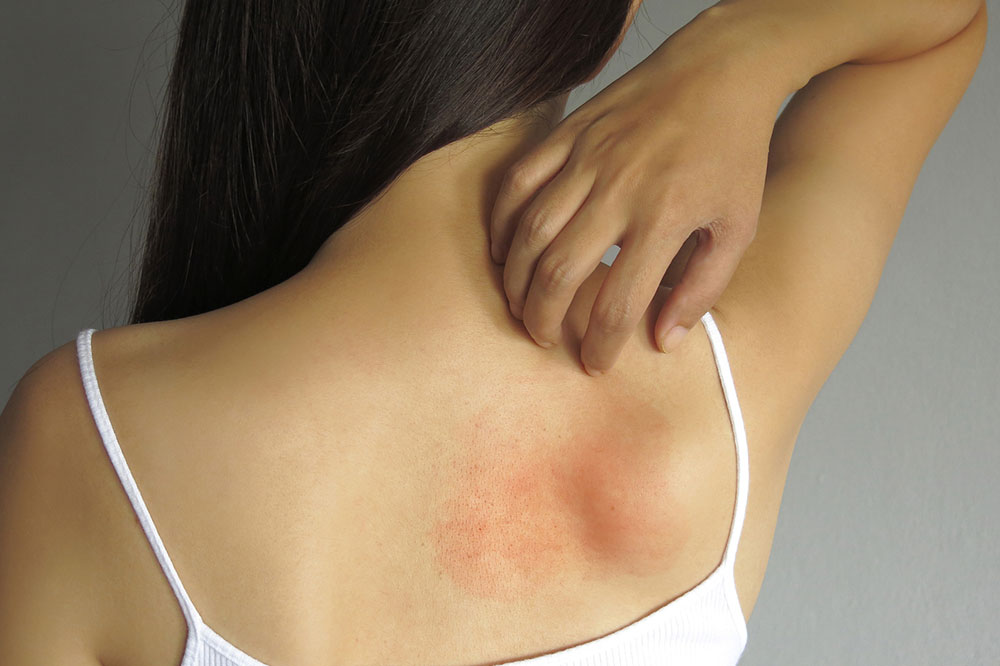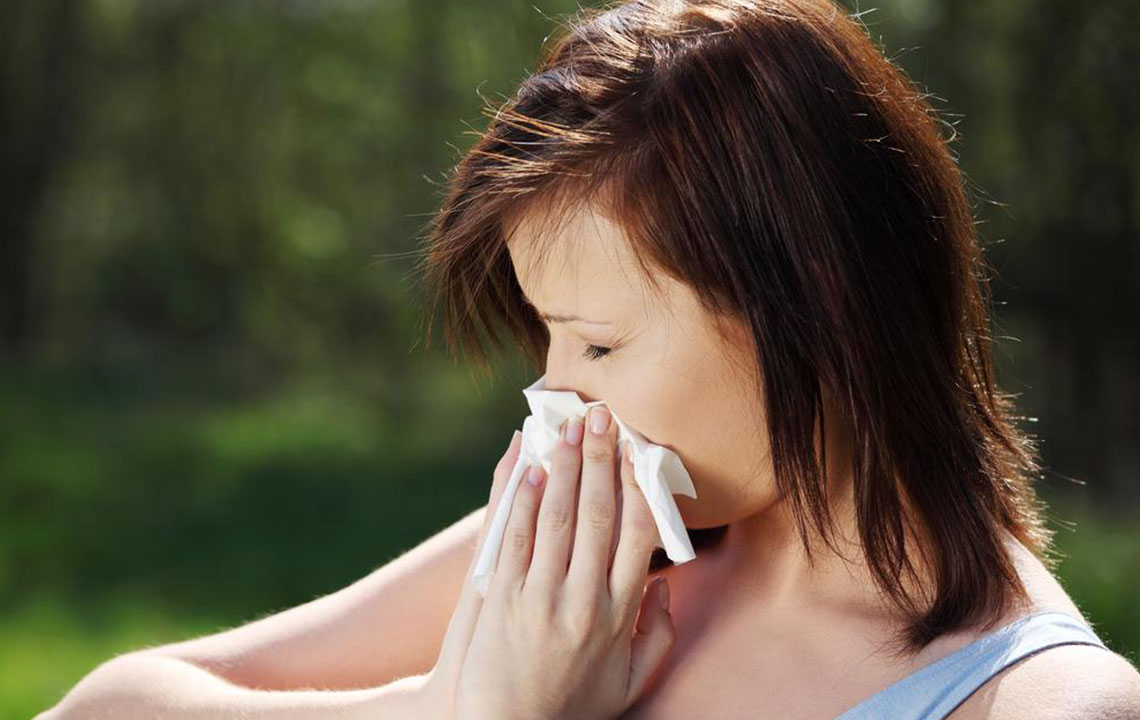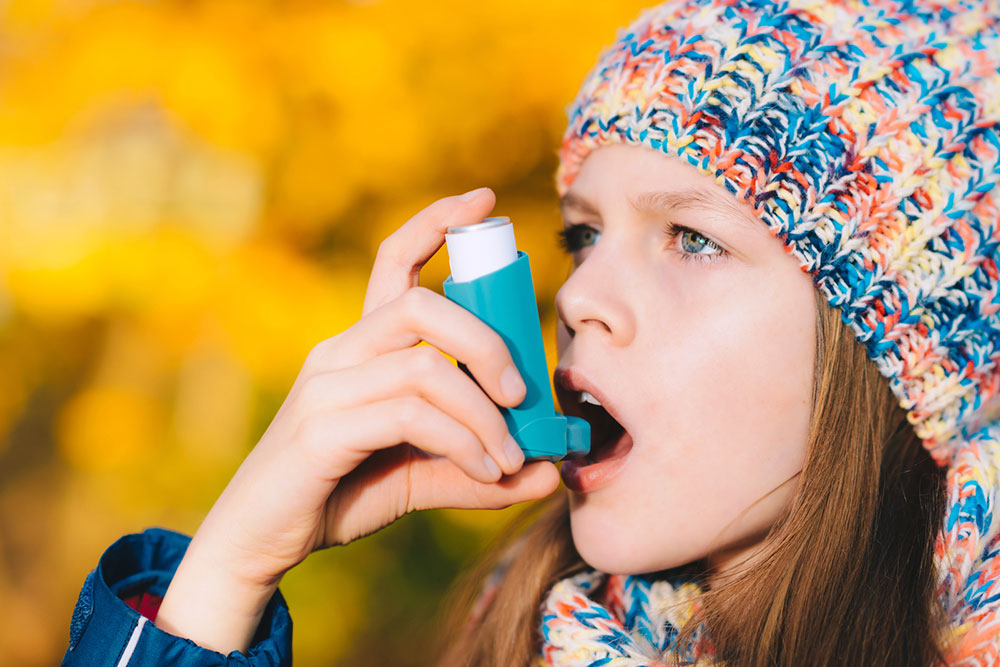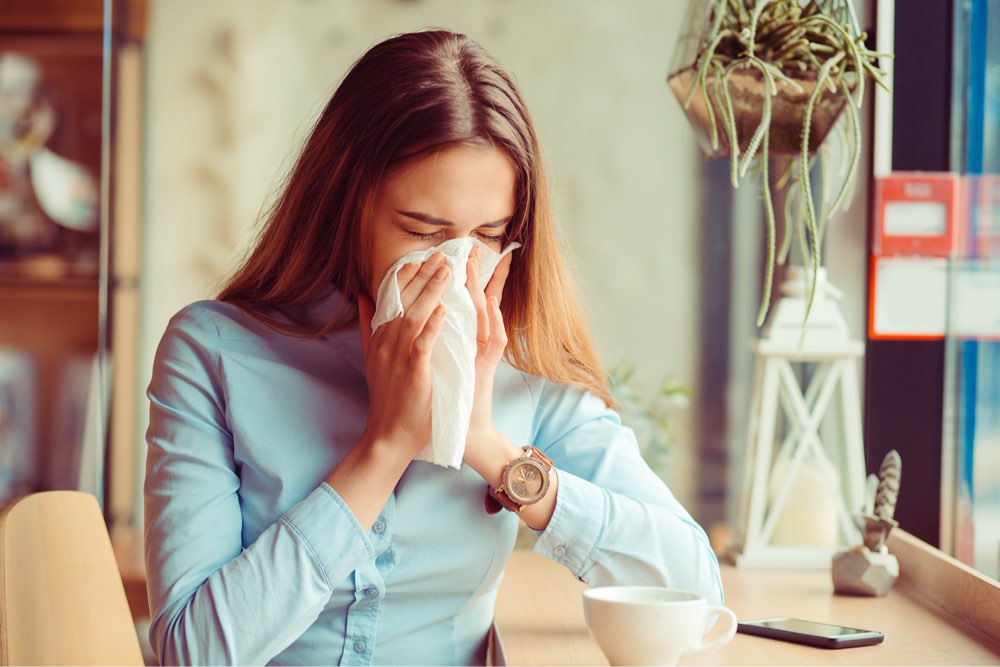Top 5 Indoor Hazards That Can Harm Your Lung Health
Discover five common household factors that can negatively impact your lung health. From mold and allergens to candle fumes and improperly maintained appliances, learn how to reduce indoor risks and promote respiratory wellness. Creating a safer home environment is essential for preventing lung-related diseases and enhancing overall health.
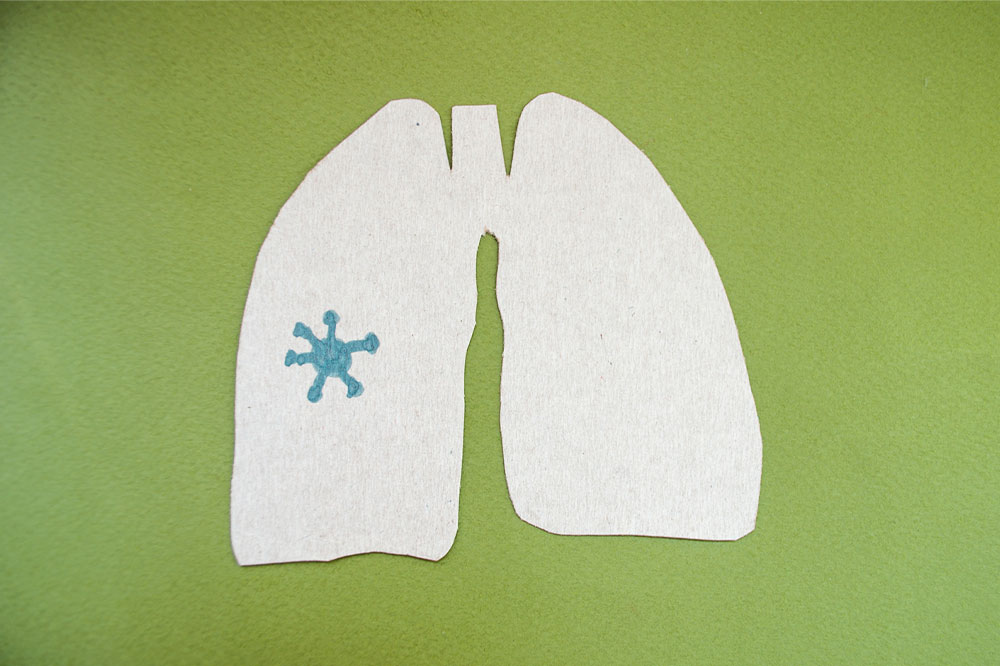
The lungs play a crucial role in respiration, supplying oxygen to the body through the bloodstream. Maintaining lung health is vital for overall well-being, but certain household factors can pose risks. This article highlights five common indoor elements that may contribute to lung deterioration and respiratory illnesses. Understanding these hazards can help you create a safer living environment.
Mold
Mold, a fungal growth on damp surfaces, is prevalent in homes with leaks or high humidity. Its spores can trigger allergic reactions and exacerbate respiratory issues like asthma and COPD, especially in sensitive individuals.
Carpet Dust and Allergens
Carpets can trap dust mites, pet dander, mold spores, and other allergens. Frequent cleaning and vacuuming are essential to prevent these particles from entering your airways and causing lung problems.
Flour Particles
Baker's asthma results from inhaling flour dust, common among bakery workers and those living near bakeries. Inhalation of these particles can impair breathing and trigger asthma symptoms.
Candle Fumes
Paraffin candles release chemical fumes that can cause allergic reactions and worsen respiratory conditions. Using natural candles made from soy or beeswax reduces this risk.
Humidifiers and Air Conditioners
Poorly maintained appliances can harbor mold and microorganisms, becoming sources of airborne spores that harm lung health. Regular cleaning and maintenance are recommended to mitigate these hazards.
Disclaimer: The information provided is for educational purposes only. It is not a substitute for professional medical advice. Consult healthcare professionals for proper diagnosis and treatment if you experience respiratory issues.

